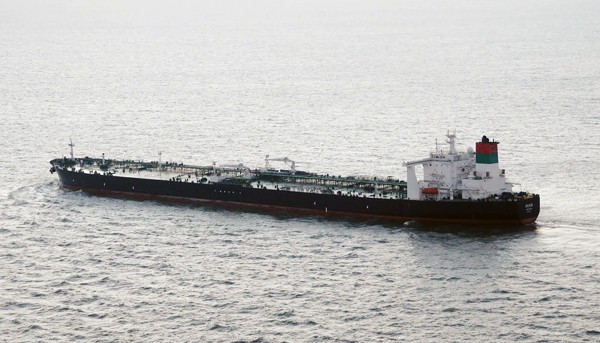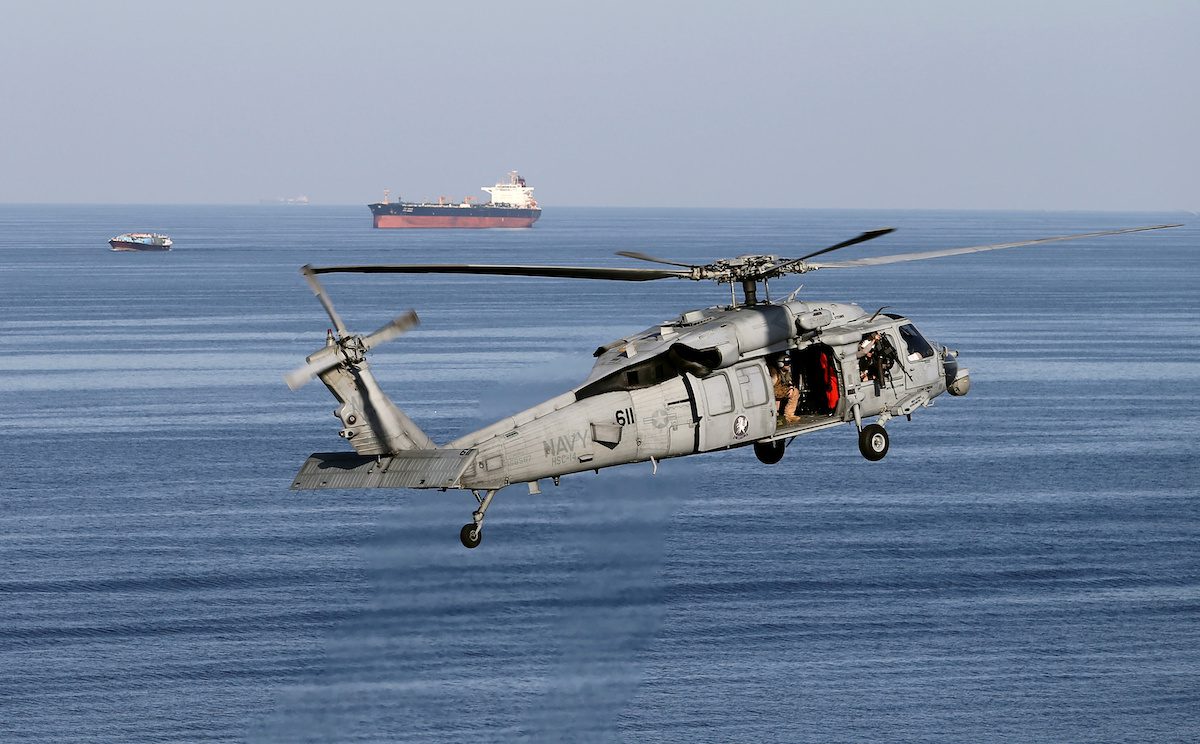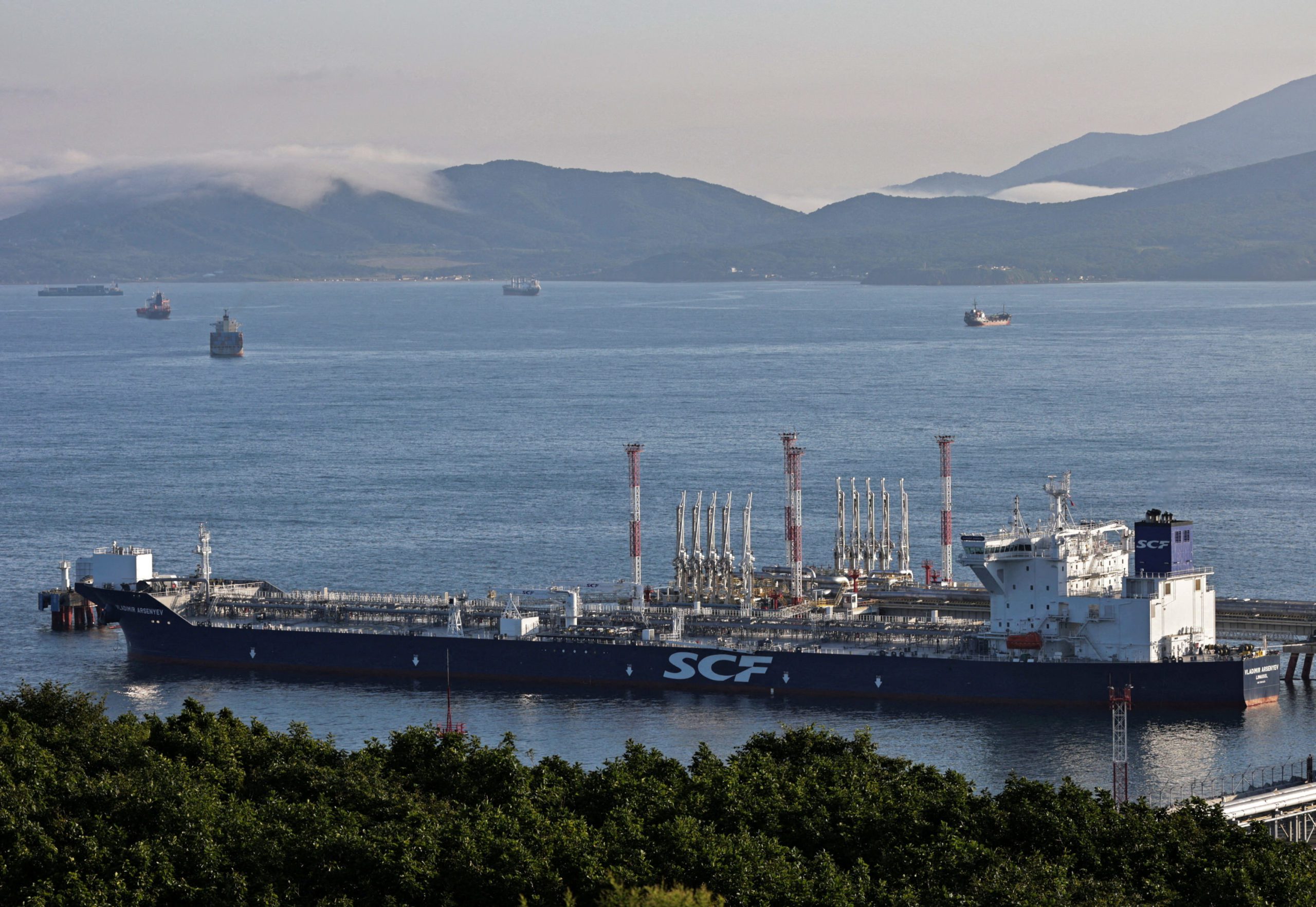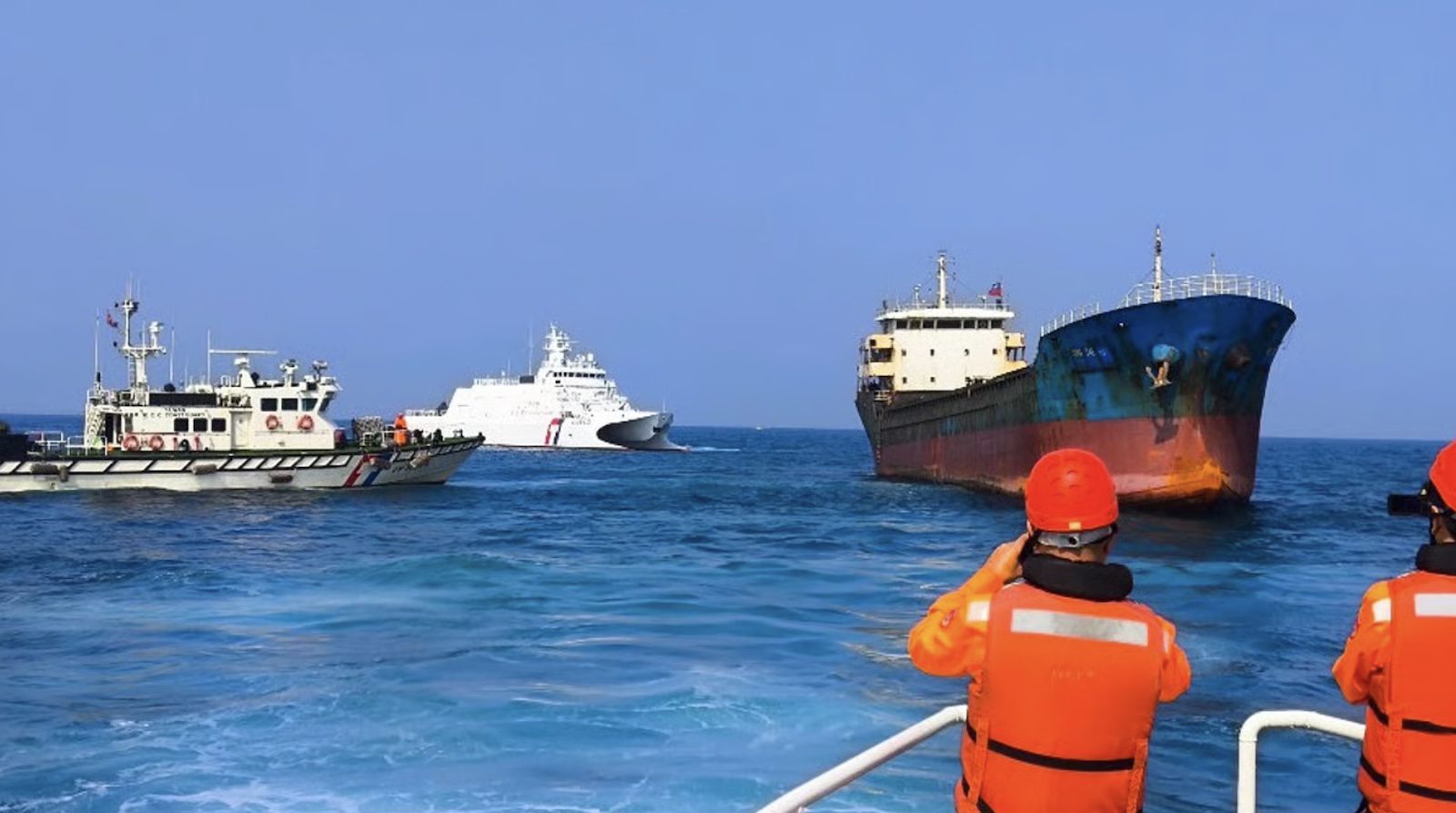M/T Seeb, a NITC-owned VLCC
 By Jonathan Saul
By Jonathan Saul
LONDON, Nov 25 (Reuters) – Iran is quietly mobilising more ships to store and transport oil, aiming to keep its fields working and mitigate losses of several billion dollars a month from sanctions which remain in place for at least another six months, trade sources familiar with the matter say.
While a deal to curb Tehran’s nuclear programme was reached on Sunday with six world powers in exchange for limited sanctions relief in other areas, oil market officials say Iran will not be able to ramp up exports quickly.
“Even if they relax these regulations, it is not going to result in a massive increase in Iran’s oil exports. It is a short-term alleviation and it is no more than that,” said Mehdi Varzi, a former official at the state-run National Iranian Oil Co.
In the meantime, Iran is deploying more vessels to help store oil at sea and to enable it to conclude discreet sales by transferring cargoes to customers’ ships in mid-ocean without having to enter port, the sources say.
With its tanker fleet boosted by newly built vessels from Chinese yards, Iran is shipping crude to countries including China, India and Syria.
“Iran will try and export its crude to any country that will accept it and if that involves methods to conceal how it is done, they will do it,” said Varzi, who now runs an energy consultancy in Britain. “Any country would do the same if they faced Iran’s horrendous economic situation.”
The deal struck in Geneva leaves U.S. and European oil sanctions in place for six months, although an easing of a ban on European ship insurance may ease the transport of current oil exports to Iran’s big Asian customers.
“They desperately need as many tankers as they can get hold of as they are producing more oil than they can shift which is a big problem for them,” one European based trade source said. “Iran is also trying to use vessels not previously associated with them to take the heat of their main domestic fleet.”
BACKED OFF
Foreign shipping companies, fearing a loss of business in Western nations because of sanctions, have backed off from deals with Iran.
This has put the onus on Iran’s main tanker operator, NITC, but sanctions have restricted its access to insurance and the certification that allows its ships to call at major ports.
Among vessels now being used by Iran are some previously controlled by Irano Hind, an Indian-Iranian joint venture recently wound up due to sanctions, trade sources said. The former company’s fleet included at least three oil tankers.
Trade sources said one of those vessels, the Ramtin, which shipping databases showed was now Iranian-flagged, had made at least one ship-to-ship transfer off the coast of Singapore and Malaysia last month.
Ship-tracking data showed the vessel had called at Iran’s Larak Island oil terminal in September. Ramtin’s India-based manager, Marian Ship Management, could not be reached for comment.
Ship-tracking information shows that Iran has aimed to provide assistance to its main regional ally, Syrian President Bashar al-Assad, as civil war grinds on.
Another former Irano Hind vessel, the Iranian-flagged Tour 2, delivered crude oil to Syria last month, port loading and ship tracking data showed. The vessel’s Iran-based owner, Auris Marine, could not be reached for comment.
A further three tankers controlled by NITC also made deliveries to Syria last month, data showed.
A senior NITC official told Reuters: “we are doing the same as we have done in the past three years – transporting oil.”
Separately, the Falcon Pride oil tanker has made regular runs between Iran’s Assaluyeh anchorage to the port of Jebel Ali in the United Arab Emirates, carrying Iranian light oil, known as condensate, ship tracking and trade sources said. The vessel’s owner, ESL Ltd, could not be reached for comment.
OIL SALES BOOST SOUGHT
U.S. and EU measures have already reduced Iran’s oil exports by more than half from pre-sanction levels of about 2.2 million barrels per day, costing Iran billions of dollars in lost revenue a month. But Iranian officials say they are learning to get round sanctions, which they reject as unjustified.
Trade sources said the NITC tanker Honesty made a ship-to-ship (STS) transfer with a foreign-owned vessel in September in an STS area within Dubai’s anchorage waters.
“STS transfers around the UAE are another method to offload oil. Whether the oil is immediately sold or held until a buyer can be found depends on the deal but it gets a cargo off their hands,” a Middle East based trade source said.
A source at Dubai’s Maritime City Authority said the port’s priority was ensuring there were no accidents or pollution in its waters and it did not check the source of the oil.
The NITC official, who declined to be named, said the group were not doing many STS operations these days.
NITC has taken delivery this year of seven new tankers, increasing its supertanker fleet to 37 vessels with a carrying capacity of 64 million barrels. The vessels were part of a $1.2 billion order agreed in 2009 with two Chinese shipyards for 12 new supertankers. Five were delivered last year.
NITC also has 14 small crude oil tankers with another 12.5 million barrels in capacity.
Data from IHS Maritime showed 14 NITC tankers were being used to store oil mainly around Iranian anchorages at present.
“The number of vessels inactive or available for storage has remained steady in the last few weeks,” said Richard Hurley, a senior analyst at IHS Maritime.
“Regular voyages continue to be made (by other NITC tankers) to the three regular customers, China, India and Turkey, with occasional ones to South Korea and Syria.”
U.S. brokerage Poten & Partners said 16 NITC supertankers, with a maximum of 32 million barrels, were storing Iranian oil.
“Even if sanctions are lifted, it is important to note that crude oil production would take some time to return to pre-sanction levels since restarting flows takes time and additional investment,” Poten said. (Additional reporting by Daniel Fineren in Dubai, Keith Wallis in Singapore, Nidhi Verma in New Delhi and Julia Payne in London; Editing by Giles Elgood)
(c) 2013 Thomson Reuters, All Rights Reserved

 Join The Club
Join The Club











